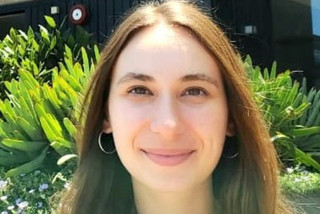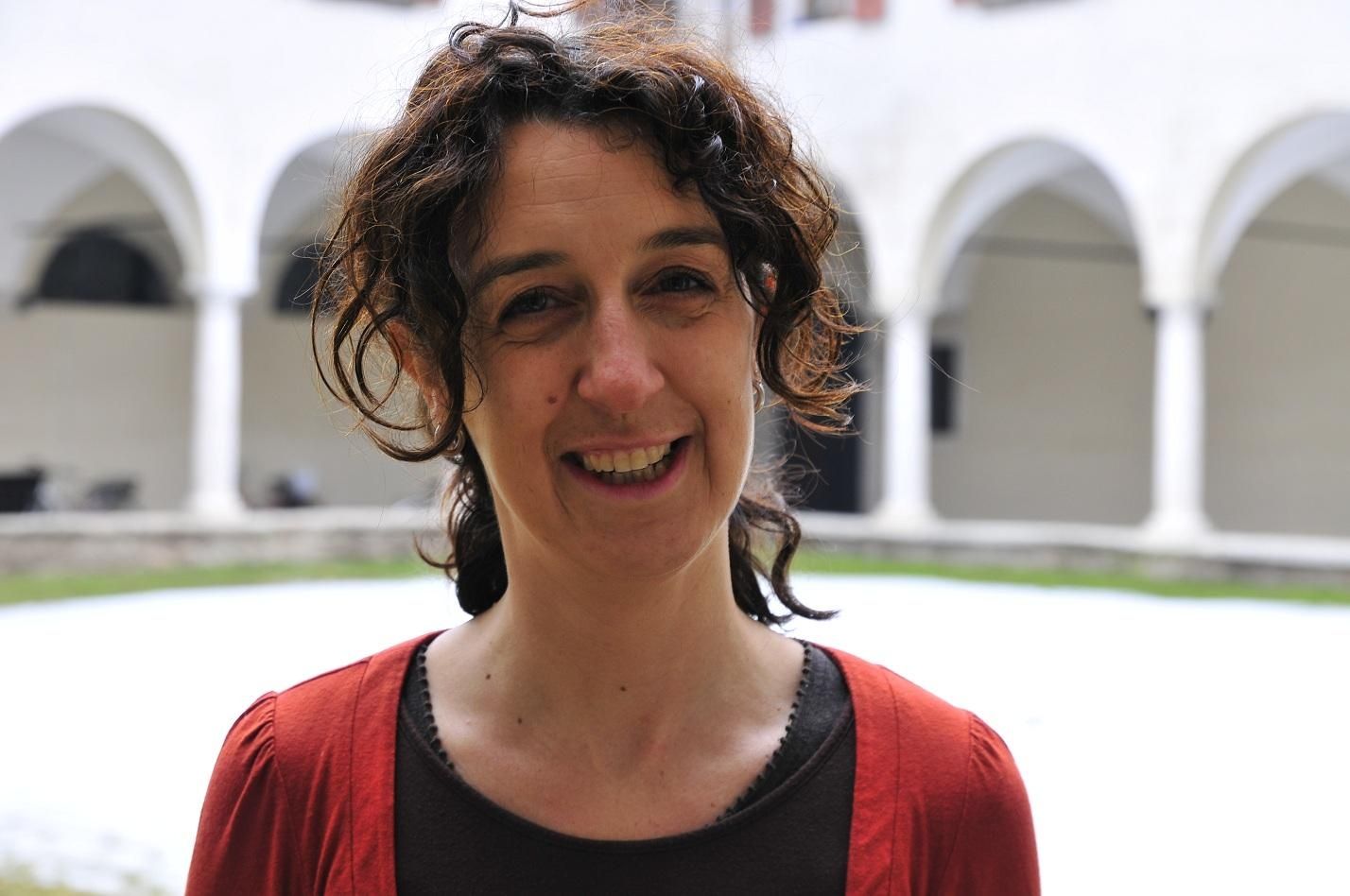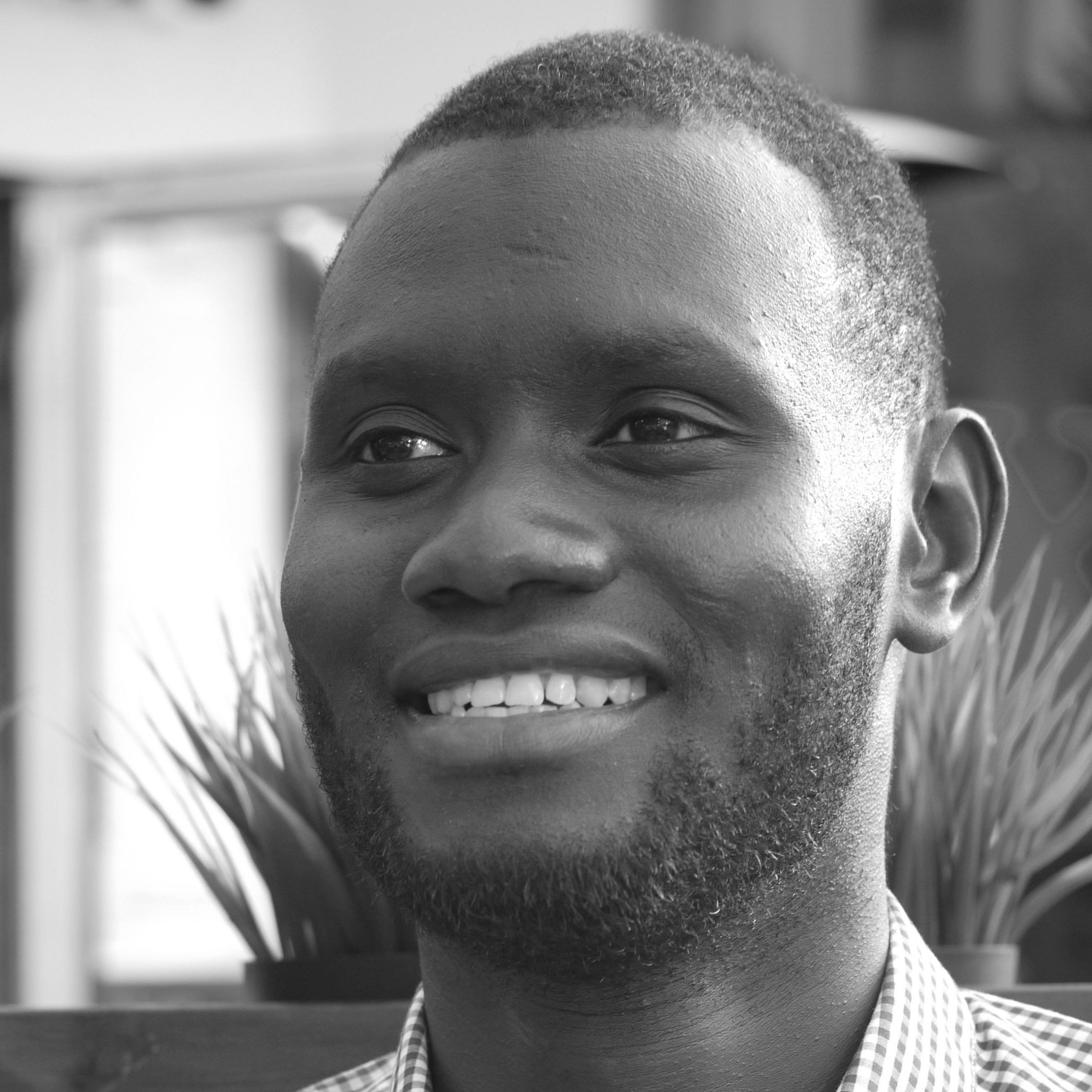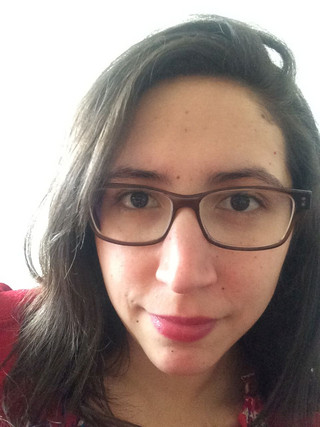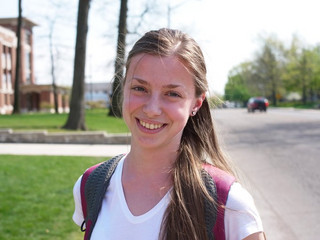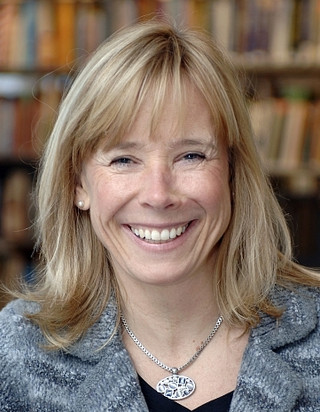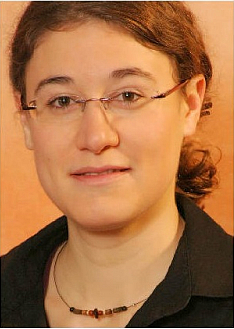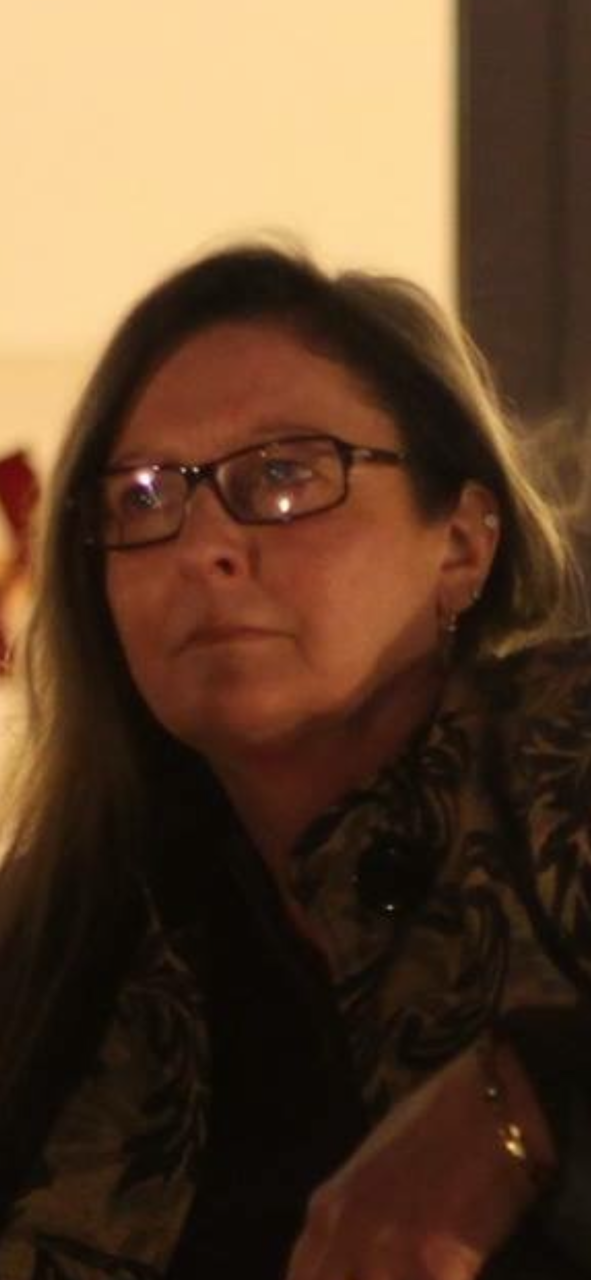After the Emerging Researchers' Conference, ERC presenters are invited to hand in full papers, which undergo a double-blind peer review process by a committee.
A paper can be submitted by more than one person (to a maximum of 3), but the first/leading author must be an emerging researcher and must have presented their paper at the Emerging Researchers' Conference.
Therefore all first authors
- must be currently enrolled in a PhD programme or
- must have finished their PhD not longer than 5 years ago and must be in the early stage of their careers (no professors).
The award-winning author is invited to the following year’s conference (free entrance to ERC and ECER), will receive a 550,- € travel budget and their paper is also sent onward for further peer review and consideration for publication in either of the Emerging Researchers’ Group’s partner publications: EERJ (European Educational Research Journal) and Studia Paedagogica. The winner will also be asked to write a post on a topic of their choice and their experience of the best paper process and/or any other ERG/ERC experiences for the EERA blog.
Additionally, relevant authors will be invited to submit their paper to the ‘European Educational Research Journal’ (EERJ), an international peer-reviewed journal devoted to Europeanisation in educational research and also the official journal of EERA. Authors of other suitable papers will be invited to submit to the journal ‘Studia Paedagogica’ for review. These authors will also be asked to write a post for the EERA blog.
Please note:
- A paper that has already been submitted for review and/or accepted for publication elsewhere is not eligible to be entered into the ERC Best Paper Competition.
- The competition is targeted at emerging researchers. However, it is recognised that PhD students sometimes co-author with their supervisors. As long as the main author(s) is/are an emerging researcher, the papers can be submitted for the competition. In the case of such a paper being selected as the winner, the Award would only be offered to the emerging researcher, who should also be the first author of the paper.
We would like to warmly thank Maxqda / Verbi Software for supporting the Best Paper Award.
Best Paper Award 2025
| Submission deadline | 20 Nov 2025 |
| Formative feedback given | 20 Feb 2026 |
| Resubmission deadline | 20 March 2026 |
| Winner announced | early May 2026 |
| Questions on how to submit? | dow@eera.eu |
EERJ presentation at ECER 2021
First-hand Insights
Learn what Sofia Eleftheriadou, winner of the Best Paper Award 2019, found useful about the Emerging Researcher's Conference and the Best Paper Award on the EERA Blog.
Sponsor Best Paper Award





